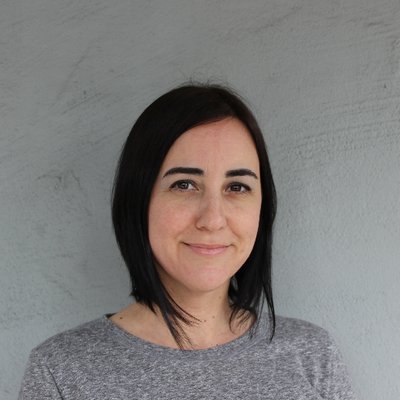
One of my worst fears about the pandemic was realized six days before Christmas. That’s when I lost my beloved grandfather, Albert Baleme Jr., the patriarch of my mother’s family. He was my last living grandparent and one of the kindest men I’ve ever known.
Departing roughly a month before his 97th birthday, Grandpa lived longer than any other member of my family. I don’t know his secret to longevity, but I suspect it had something to do with how much he enjoyed life. He was accomplished professionally—first in the construction field, then as a building inspector for the city of Merced—earning a comfortable living for his 33 years in retirement. More important, he developed lasting bonds with friends and loving relationships with his family.
After my grandmother died five years ago, my grandfather said he had no regrets. “I wouldn’t change a thing,” he told us. Grandpa is the only person in my orbit for whom I believe that statement to be true.
I’m mad as hell that he’s gone. Even now, nearly a month after his passing, I’m stuck in that second stage of grief. But that’s exactly where I need to be to process his death.
Though Grandpa lived a long and happy life, he deserved better than having it ended by COVID-19. Were it not for the spread of the virus, he likely would’ve been around for years. And for that, I blame our selfish society.
There have been so many terrible responses to the pandemic, but perhaps the biggest failure is how poorly we’ve safeguarded the elderly, something that speaks volumes about America and our values. According to AARP, as of early December, nearly 40 percent of U.S. coronavirus deaths were linked to nursing homes or other long-term care facilities.
I’m angry with the politicians who’ve played down the seriousness of the disease. I’m angry with the people who infected my Grandpa, a 96-year-old who didn’t even use a cane. I’m also angry with certain friends and family members who’ve responded to precautions such as social distancing with casual disregard or wanton contempt.
Since the start of the pandemic, I’d been anxious about Grandpa’s well-being due not only to his age-related vulnerability but also because nursing homes on the East Coast had been a sort of ground zero for virus-related fatalities. The staggering number of deaths there last spring presaged what California would later experience.
I took some solace in the fact that Grandpa’s assisted-living facility in Merced instituted a host of precautions. He had a nice private suite in the place, a fancy joint with marbled walls that we jokingly called the Taj Mahal. I really hoped that those operating it were treating him and the other residents with the same care they would have given to their own relatives. And, for many months, things seemed to be OK.
Still, deep down I feared people wouldn’t do the right thing—set aside their own desires for the greater good. I witnessed locally the kind of complacency that I imagine ultimately allowed COVID into the facility, killing him and at least three others diagnosed with the virus despite the fact that their home ostensibly had been locked down.
Early in the statewide stay-home order, I ran into an acquaintance who is the perfect example. In addition to spouting off conspiracy theories about the virus, he complained that the economic toll of the shutdown was too steep for a disease that largely kills “only old people.” I was appalled by his detached cruelty and reminded him the virus could affect someone he loved.
He scoffed at mask-wearing and the death toll. Our conversation solidified my suspicion that too many people wouldn’t take the pandemic seriously unless and until they were personally affected, perhaps even losing someone dear to them.
For me, the loss is the man who taught me how to bait a fishing hook from the deck of the houseboat he built. He’s the man who made me the sweetest personalized cards bearing his picture for each birthday and other special occasions. He’s the man who joked that I was his favorite granddaughter, because I was the lone granddaughter, but also made me feel truly special. He’s the man whose dark-brown eyes I catch a glimpse of when I look into a mirror.
To those who are mourning a COVID death and feel cheated, I get it. No matter what anyone says, you have a right to be angry and grieve at your own pace. You’re not alone.

Be the first to comment